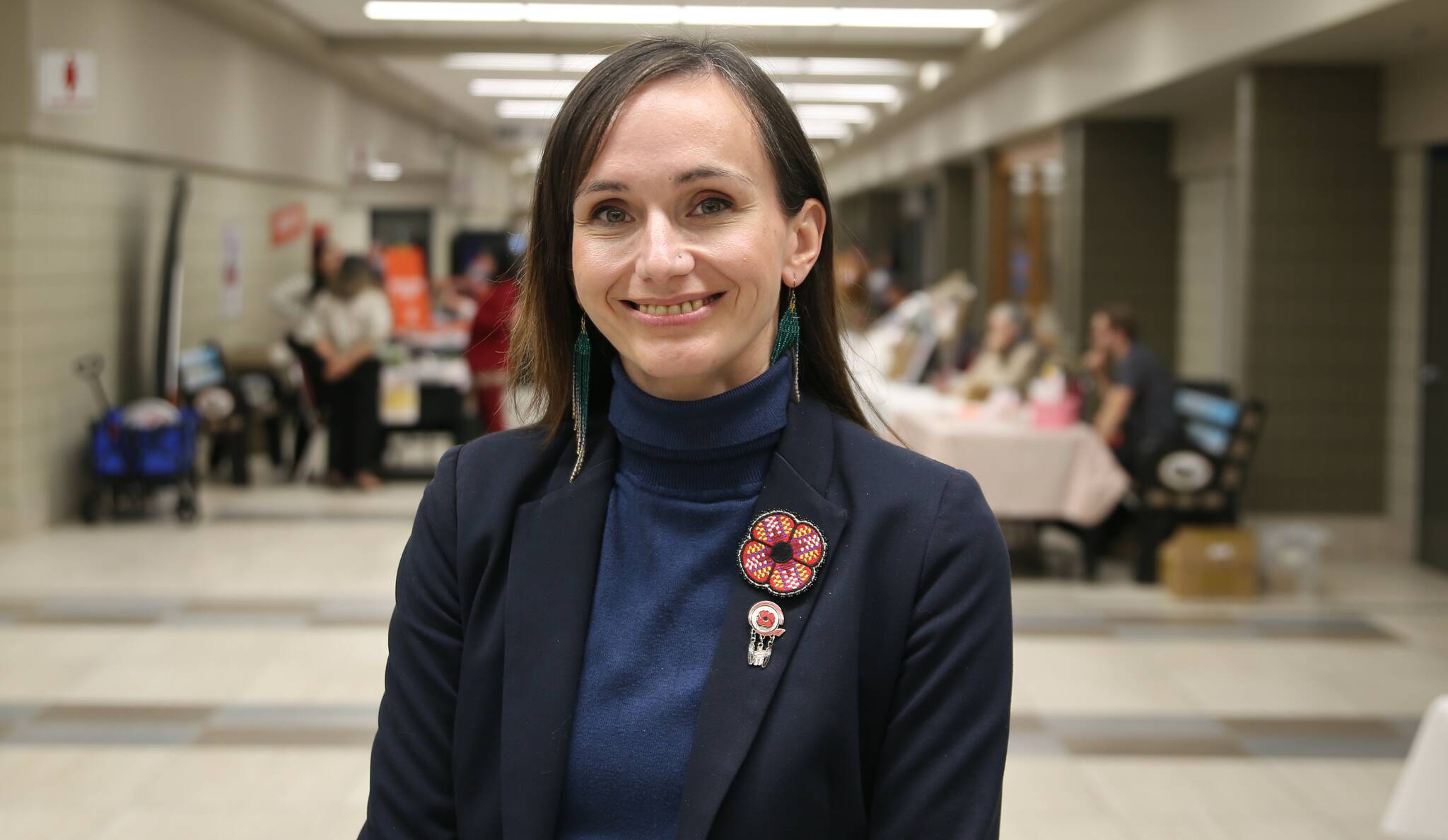Education
Western Manitoba Post-Secondary Schools Face International Student Cuts

Post-secondary institutions in western Manitoba are preparing for significant challenges following the federal government’s announcement of drastic cuts to international student permits starting in 2026. The changes, outlined in the recent budget presented by Finance Minister François-Philippe Champagne, will reduce the number of study permits granted to international students by more than half over the next three years.
Under the revised plan, Canada will issue only 155,000 study permits in 2026, with the number decreasing to 150,000 annually for 2027 and 2028. This is a stark decline from the 305,900 permits that were previously projected under former Prime Minister Justin Trudeau. The Canadian government describes this move as a necessary step to maintain what it refers to as “sustainable levels” of immigration.
Impact on Local Colleges
The announcement has prompted immediate reactions from local educational leaders. Renée Cable, the provincial Minister of Advanced Education and Training, expressed disappointment, stating that the reductions hinder efforts to attract and retain global talent. “We know how incredibly important international students are — not only to our institutions but also to our communities,” she noted.
At Assiniboine College, the reductions have led to the cancellation or downsizing of certain programs that do not receive government funding. According to Anya McNabb, the college’s communications and marketing director, this decline means fewer opportunities for students across the board. “While demand overall has lessened, international demand for some programs, like health-care aide and early childhood education, remains,” she said.
Despite these setbacks, Assiniboine College does not plan to close any campuses or reduce its footprint. “We’re still using all of our spaces and anticipate no changes to permanent campuses or rural sites,” McNabb explained. The college aims to address Manitoba’s labor shortages by focusing on trades, business, and health-care programs that align with market demand.
Brandon University’s Response
At Brandon University, the institution’s response has been more subdued. The university spokesperson Rob Henderson stated that they do not expect significant changes due to the reduction in international student permits. “We’ve already adjusted based on the federal changes that have taken place over the last two years,” he said.
While Brandon University had aspirations to grow its international student population, it is currently experiencing robust domestic enrollment figures, including a 15.3 percent increase in Indigenous students and a general rise of 1.1 percent in total enrollment compared to the previous year. Henderson added, “International students are pretty broadly spread throughout our programs. We are not anticipating any programming changes or staffing reductions based on the latest announcement.”
The provincial government continues to advocate for a more favorable allocation of international student permits for Manitoba institutions. Cable emphasized the importance of international students, stating, “They bring diversity, skills, and energy to places like Brandon.”
As the new policy is set to take full effect in 2026, the provincial government is committed to maintaining open lines of communication with post-secondary leaders. “We’re working together to look at program collaboration, augmenting offerings, and ensuring that the student experience for both domestic and international learners remains first and foremost,” Cable concluded.
The future landscape for post-secondary education in western Manitoba is uncertain, but local institutions are determined to adapt and continue to serve their communities effectively.
-

 Politics6 days ago
Politics6 days agoSecwepemc First Nation Seeks Aboriginal Title Over Kamloops Area
-

 World4 months ago
World4 months agoScientists Unearth Ancient Antarctic Ice to Unlock Climate Secrets
-

 Entertainment4 months ago
Entertainment4 months agoTrump and McCormick to Announce $70 Billion Energy Investments
-

 Lifestyle4 months ago
Lifestyle4 months agoTransLink Launches Food Truck Program to Boost Revenue in Vancouver
-

 Science4 months ago
Science4 months agoFour Astronauts Return to Earth After International Space Station Mission
-

 Technology3 months ago
Technology3 months agoApple Notes Enhances Functionality with Markdown Support in macOS 26
-

 Top Stories1 month ago
Top Stories1 month agoUrgent Update: Fatal Crash on Highway 99 Claims Life of Pitt Meadows Man
-

 Sports4 months ago
Sports4 months agoSearch Underway for Missing Hunter Amid Hokkaido Bear Emergency
-

 Politics3 months ago
Politics3 months agoUkrainian Tennis Star Elina Svitolina Faces Death Threats Online
-

 Politics4 months ago
Politics4 months agoCarney Engages First Nations Leaders at Development Law Summit
-

 Technology4 months ago
Technology4 months agoFrosthaven Launches Early Access on July 31, 2025
-

 Top Stories3 weeks ago
Top Stories3 weeks agoFamily Remembers Beverley Rowbotham 25 Years After Murder





















